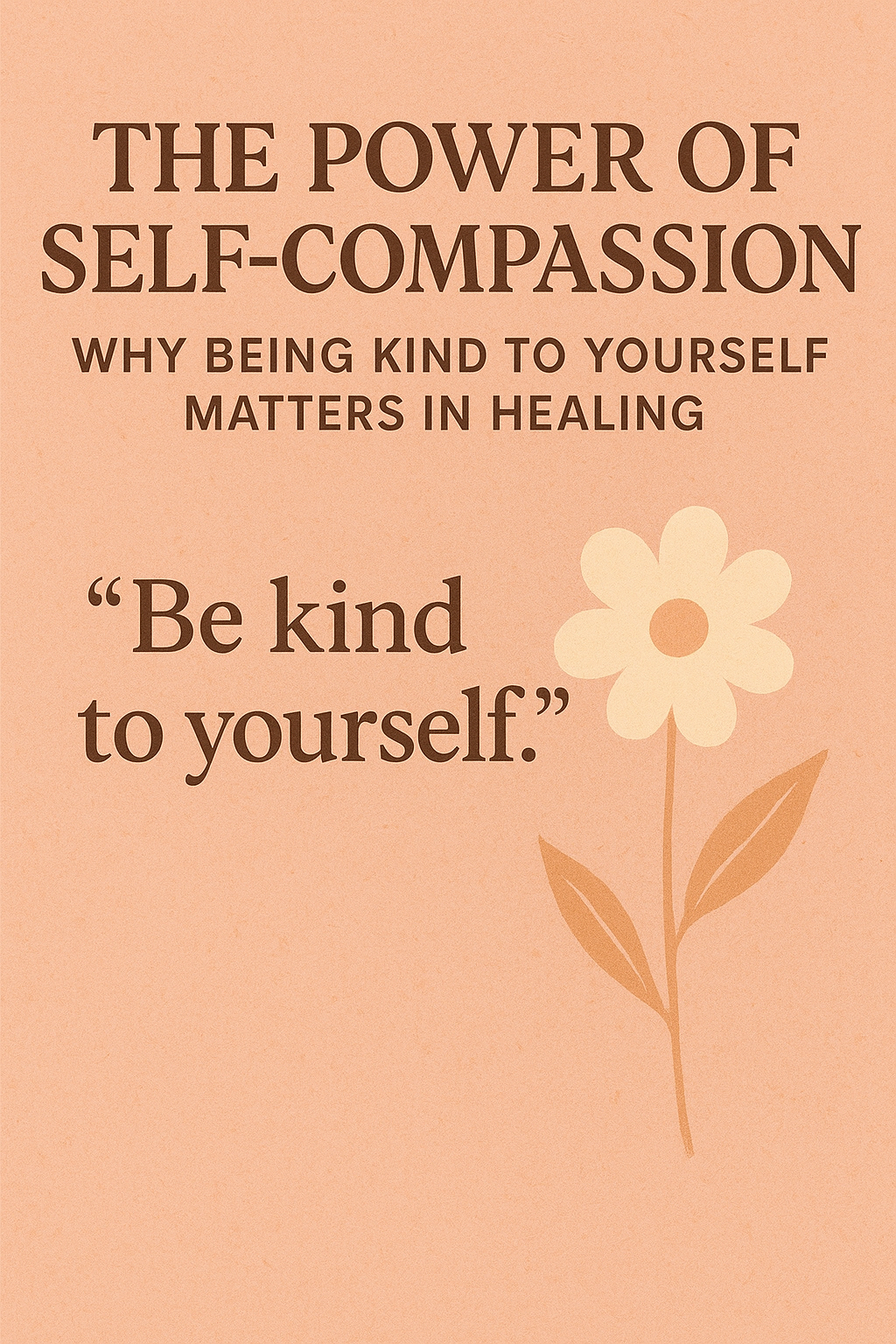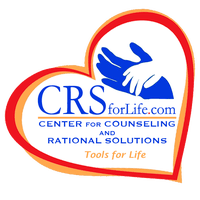The Power of Self-Compassion: Why Being Kind to Yourself Matters in Healing

When life feels overwhelming—whether due to divorce, loss, or personal struggles—many people fall into a pattern of self-criticism. You may hear that inner voice say things like, “I should be stronger” or “I’m failing because I can’t handle this better.” While these thoughts might feel motivating at first, research shows that self-criticism actually increases stress, anxiety, and feelings of inadequacy.
The truth is: healing isn’t about being perfect—it’s about being human. And one of the most powerful tools in healing is self-compassion.
Self-compassion is the practice of treating yourself with the same kindness, understanding, and patience you would offer a loved one who is struggling. It doesn’t mean ignoring responsibility or avoiding growth. Instead, it’s about creating an inner environment where growth can actually happen.
Psychologist Dr. Kristin Neff identifies three key components of self-compassion:
-
Self-Kindness – Choosing gentle words over harsh criticism when you make mistakes.
-
Common Humanity – Recognizing that suffering is part of the shared human experience, and you’re not alone.
-
Mindfulness – Being present with your feelings without exaggerating or minimizing them.
-
It reduces shame. When you shift from “What’s wrong with me?” to “This is hard, and I’m doing my best,” you release unnecessary shame.
-
It builds resilience. People who practice self-compassion are more likely to bounce back from setbacks.
-
It fosters healthier choices. Compassion encourages you to rest, set boundaries, and prioritize your well-being—rather than pushing yourself to burnout.
-
It deepens self-worth. When you learn to value yourself in moments of struggle, you create a foundation of confidence and stability.
Here are a few simple practices you can start right now:
-
Pause and reframe. When you notice self-critical thoughts, ask yourself: Would I speak to a friend this way? If not, change the tone.
-
Use supportive self-talk. Replace “I’m failing” with “I’m learning and growing through this.”
-
Create a calming ritual. Something as small as a few deep breaths, a warm cup of tea, or journaling can remind your nervous system you are safe.
-
Acknowledge your humanity. Remind yourself: I am not alone. Others have walked this road too.
-
Seek guidance. Therapy provides a safe space to develop self-compassion and break the cycle of self-criticism.
Healing is not about never stumbling—it’s about how you respond when you do. Choosing compassion over criticism isn’t weakness; it’s a profound act of courage.
At CRS for Life, Karen D. Sacks helps clients build the tools of self-compassion so they can move forward with greater peace, resilience, and self-confidence. If you are ready to trade harsh self-judgment for healing kindness, therapy can be the first step toward a gentler and stronger you.

